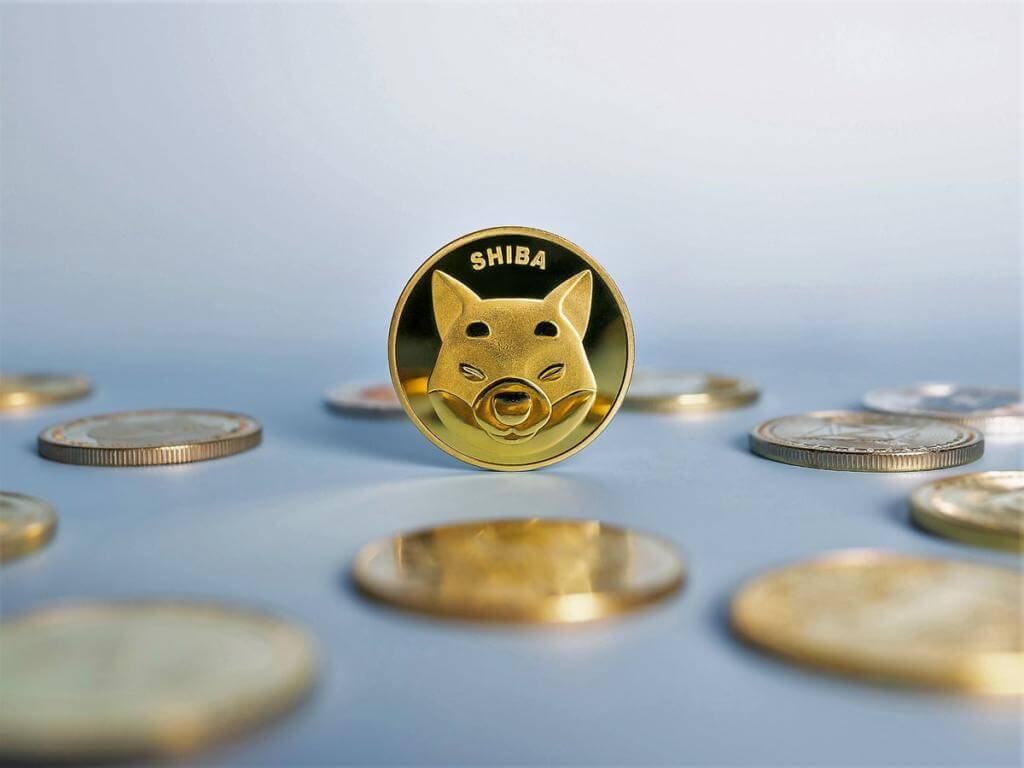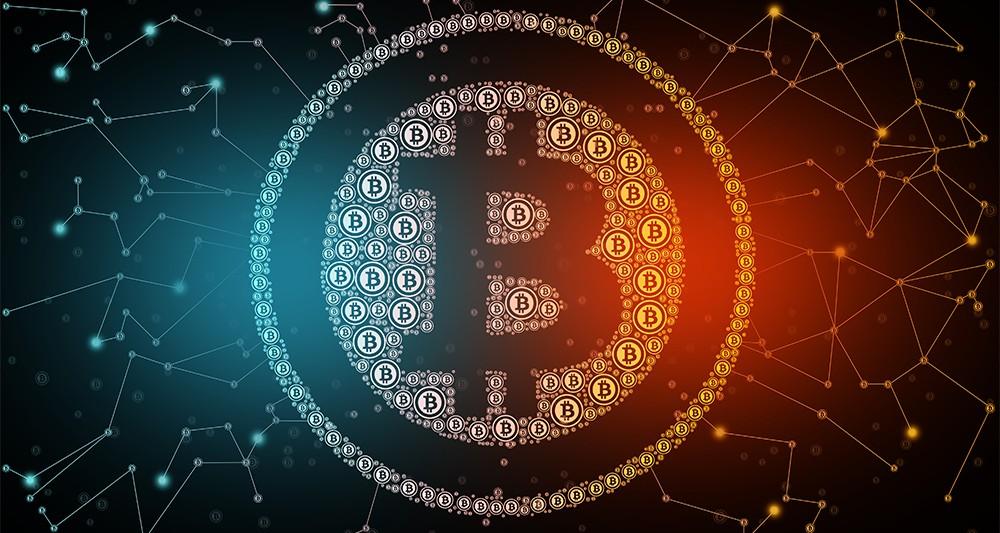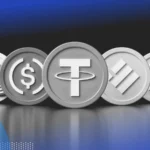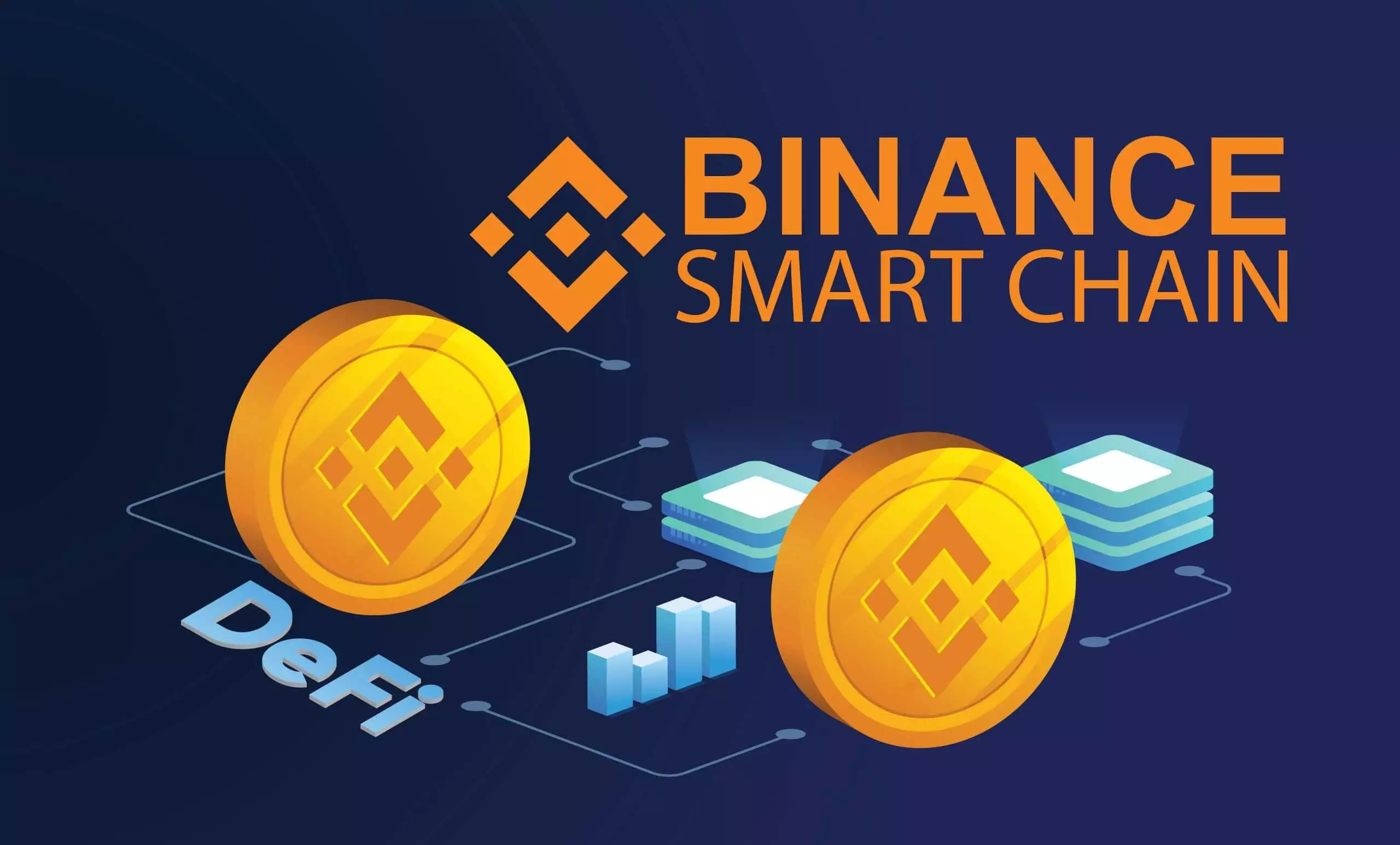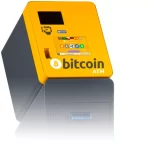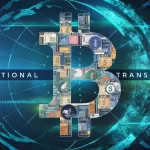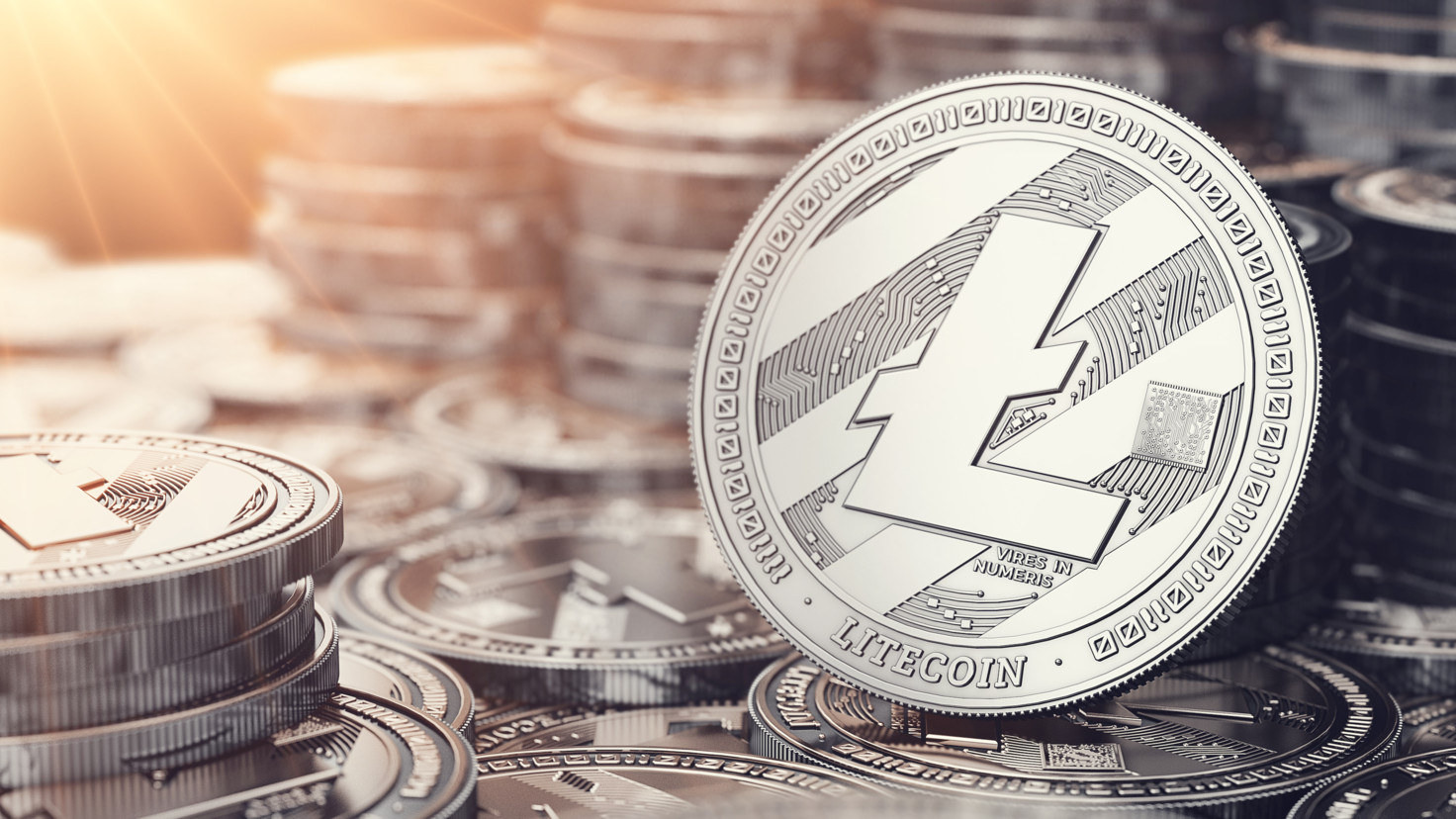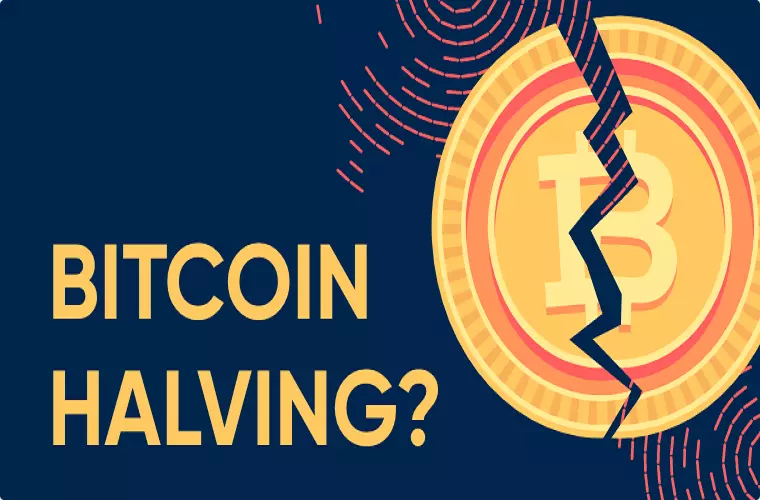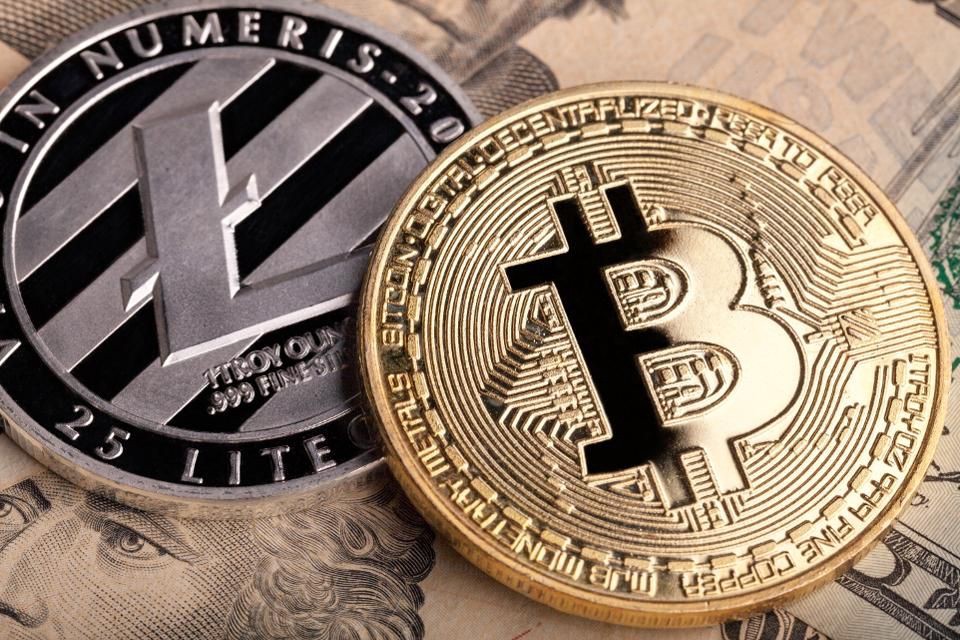Move Over Ethereum! Here are Some Brilliant Blockchain Alternatives for NFT Development
Ethereum has almost become the poster-child for the possibilities with blockchain technology. We can talk about the goodness of Ethereum, similar to the tagline of MasterCard. When it comes to cryptocurrency, you have bitcoin. For everything else, there is Ethereum!
Be it smart contracts, or initial coin offerings, or decentralized financial ecosystems, Ethereum has been leading the pack of blockchains. The nonfungible token phenomenon is not an exception to this unstoppable ambling of Ethereum and its supremacy. However, there are different requirements for the NFT ecosystem. When it comes to addressing the needs of this ecosystem, it cannot be denied that Ethereum falters a bit.
So… If not for Ethereum, what else?
This is a million-dollar question for which we have answers that can be considered more than adequate. Some new blockchains have presented themselves as viable and sometimes better alternatives for Ethereum when it comes to NFTs.

Let us look at a few of those blockchains!
Cardano
What makes Cardano an ideal candidate to develop your own NFT marketplace on the blockchain is that it has submitted itself to scientific research at the foundation for platform updates. While Ethereum is aspiring for its Ethereum 2.0 version, Cardano claims to be a generation ahead, making it a third-generation platform. Cardano might not have smart contract capabilities but it is already dealing with NFTs, replicating the ICO model. The blockchain is still in the process of evolving but it has already sold out even without the real-world utilities.
All these pointers speak volumes about what this blockchain is capable of.
Flow
What made Ethereum a preferred choice for developing NFTs and NFT marketplaces is the simplicity of usage. The simplicity could marginally be considered a perception… because you will find a lot of Ethereum experts.
Flow intends to create a blockchain network ideal for developers in building marketplaces, and the NFT is not an exception. What makes Flow special is the scalability facilitated to upgradable smart contacts. The architecture of Flow involves consensus, execution, verification, and collection, making it extremely secure and dependable. We already have live NFT marketplaces built on Flow, where the commission is as meager as 12.5%.
WAX
WAX (Worldwide Asset eXchange) has already established itself as one of the most popular networks for entertainment, decentralized gaming, and of course, NFT. One of the unique selling points of WAX is that it is environmentally friendly, and it claims to be 125,000 times more efficient than Ethereum. Atomic hub, one of the most popular NFT marketplaces, has been built on WAX, and it has more than 31.3 million NFTs listed on it.
Tezos
Going in line with what the WAX has endeavored, Tezos also aims at reducing the carbon footprint by making CPU usage more optimal. The platform claims to utilize 2 million times less energy than any other NFT platform. It is interesting to note that all the NFT marketplaces created on the Tezos blockchain have imbibed the philosophy of being environmentally friendly.
Algorand
Every blockchain listed above has some unique selling point that makes it a better alternative than Ethereum when it comes to NFT marketplace development. As much as they present a significant advantage, they also have their own shit balls shortcomings.
For example, Tezos and WAX push the gas for the environment as the selling point. Cardano is still in its most nascent stages and will take time to set up. Flow is focusing on scalability. Even the attempts from Binance cannot be considered complete because it entirely banks on the liquidity that the exchange has.
Algorand, on the other hand, is trying to create a completely dependable alternative for Ethereum and right now, it is probably the best candidate for NFT platform development. The transactions on Algorand are considerably cheap and might go as low as $0.011. This makes Algorand the perfect choice for micro-transactions like card games. Algorand also promises instantaneous block finality, enhancing security and speed. The consensus mechanism, the resilient smart contracts, and the carbon-negative nature make Algorand one of the best blockchains for any NFT marketplace development company to go for!
Conclusion
The fact that there are these many choices for developing your phone NFT marketplace on a preferred blockchain of your choice should be a good enough reason for an entrepreneur to consider investing in this space, especially if they intend to capitalize on the NFT leave.
All that is left for you is to get in touch with an NFT marketplace development company. They will take care to understand your business requirement, select the right blockchain for your NFT marketplace, and give a complete product, so you can start making your profit in this young yet lucrative field.

As a writer, Ruben is an advocate of blockchain technology and cryptocurrency in general. He writes about all things from cryptography to economics, with a focus on how it applies to cryptocurrencies. He is also passionate about writing about topics such as decentralization, open-sourced software development, and copyright law.
